NYCC: Why So Resistant To Scrutiny?
- an “In My View” article by NIGEL WARD reporting on Yorkshire Councils’ extraordinary resistance to be filmed/recorded. Are our Councillors satisfied that “transparency” and “accountability” are being upheld? Are we?
~~~~~
Despite statutory clarification of the rights of members of the public to film/video/record Council Meetings, in force as of 6th August 2014, many of our local Councils are still actively engaged in discouraging members of the public from exercising their rights to film and record meetings.
Parish Councils have been particularly slow on the uptake – or fiercely resistant, to take a less charitable view.
Almost without exception in North Yorkshire, the Parish Councils have adopted guidelines prepared by the Yorkshire Local Councils Association (YLCA).
Unfortunately, these guidelines have been based not on law but on wishful thinking.
Let us clear up this nonsense once and for all.
Here are just two example clauses that presently appear in the Filming/Recording Policy documents of many Parish Councils in Yorkshire. No doubt similar ‘rules’ obtain around the country, but they are only that – ‘rules’ – not law. I have highlighted in bold type instances of these ‘rules’ going beyond the statutory authority of the Councils – in other words, having no legal authority whatsoever:
“Any person wishing to record a meeting in any format whatsoever must contact the Clerk prior to the start of the meeting. The Clerk’s details are set out in the public notice and agenda of the meeting; (or in his/her absence, the contact will be the Deputy Clerk or Chairman of the Council).”
- No. Because nobody “must contact the Clerk prior to the start of the meeting”. There is no legal requirement to provide advanced notice. If you wish to film your Council, simply go along and do so. There is no prohibition against doing so. It is your legal right to do so.
All recording must be overt (i.e. clearly visible to anyone at the meeting).
- No. Because it is not so that filming “must be overt”. There is no legal requirement to make it known that you are filming. If you wish to film your Council via a device concealed in your bow-tie, simply go along and do so. There is no prohibition against doing so. It is your legal right to do so. Perhaps Councillors may evince fewer inhibitions without the selfconsciousness that often arises in front of camera?
Hopefully, these two examples will suffice to demonstrate how Parish Councils are all too eagerly embracing guidelines from bodies like the YLCA and the National Association of Local Councils (NALC) that promulgates the notion of Councils granting conditional permission for filming – beyond the Council’s legal authority.
No such permission is necessary.
When a Council takes action beyond its legal authority, it is said to have acted ultra vires. This is illegal and addressable by the Courts – though no Parish Council is ever likely to be prosecuted. (Why not?).
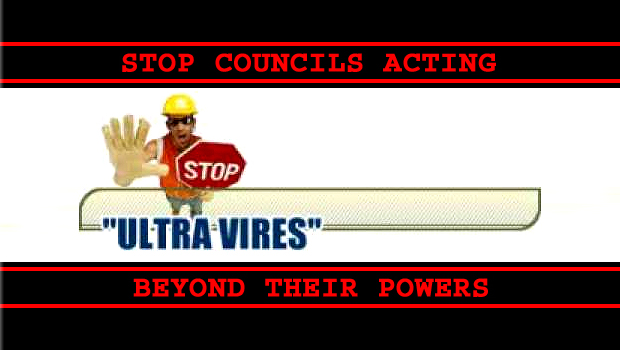
In recent weeks, I have been assisting fellow transparency campaigner Andy STRANGEWAY, who has been engaged in a productive correspondence with Sheena SPENCE, Chief Officer of the YLCA. This has resulted in a major re-write of the YLCA Guidance so that it no longer provides false and unreliable legal advice to Parish Councils in Yorkshire.
Result.
Against this background, readers may be surprised at some of the ‘requirements’ of the North Yorkshire County Council (NYCC) – where one might expect a more enlightened view to prevail – as delineated in their ‘Protocol on Audio/Visual Recordings at Meetings’ document, which I happened to stumble across quite by chance on the NYCC web-site recently.
I was shocked to see that its form of words is even more dissuasive to would-be Council-filmers than the hitherto deeply flawed YLCA Guidance to Parish Councils.
Andy STRANGEWAY has made a complaint to NYCC, pointing out the following example passages in the ‘Protocol on Audio/Visual Recordings at Meetings’ document that are without legal authorisation:
“subject to the recording being conducted under the direction of the Chairman of the meeting” [Preamble]
- No. Because the Chairman is not statutorily authorised to direct any aspect of ‘the recording’.
“some members of the public attending its meetings may not wish to be recorded. The Chairman of the meeting will facilitate this by ensuring that any such request not to be recorded is respected by those doing the recording.” [Preamble]
- No. Because the Chairman is not statutorily authorised to direct any aspect of ‘the recording’.
“Anyone wishing to record must contact, prior to the start of the meeting, the Democratic Services Officer“ [Item 1]
- No. Because there is no statutory authorisation for the requirement for advance notification of intent to record.
“The recording must be overt (ie clearly visible to anyone at the meeting)” [Item 2]
- No. Because there is no statutory authorisation to prohibit covert recording.
“Any children or young people under the age of 18 who are present at the meeting are not to be filmed unless their parents/guardians have given their written consent” [Item 5]
- No. Because there is no statutory prohibition against the filming of children (or adults) who are incidental to the subject of the filming (i.e. not the subject directly) – just as there is no statutory prohibition against the filming of children (or adults) incidental to filming a street scene or a fairground scene, etc.
But the underlying questions here are these:
- Why are so many obstacles set in the path of members of the public who wish to take a more reliable and detailed record of Council proceedings than the notoriously sketchy précis of events one normally finds set down in Council Minutes?
- Why are Councillors so deeply reluctant to have their form of words and style of delivery preserved for future reference?
- Are they afraid that they may rashly or inadvertently (and ineradicably) incriminate themselves?
- Have they for years been rescued by a the avuncular benevolence of minuting clerks, in whose thrall they now languish?
The very first sentence of the NYCC Constitution states:
“North Yorkshire County Council’s Constitution sets out how the Council operates, how
decisions are made and the procedures which are followed to ensure that these are efficient,
transparent and accountable to local people.”
It is difficult to see how the strongly dissuasive ethos of the ‘Protocol on Audio/Visual Recordings at Meetings’ document could possibly be described as a procedure “followed to ensure that these [the Council’s decisions] are efficient, transparent and accountable to local people”, since it sets all manner of obstacles in the path of those who wish to film Council meetings – and the Council has clearly gone some way beyond its statutory authority in the process of confabulating those obstacles.
This is the antiquated mind-set that campaigners (such as I and Andy Strangeway) are committed to eradicating from local government. Until that is achieved, words like “transparency” and “accountability” are just buzz-words without meaningful substance.
That is not good enough.

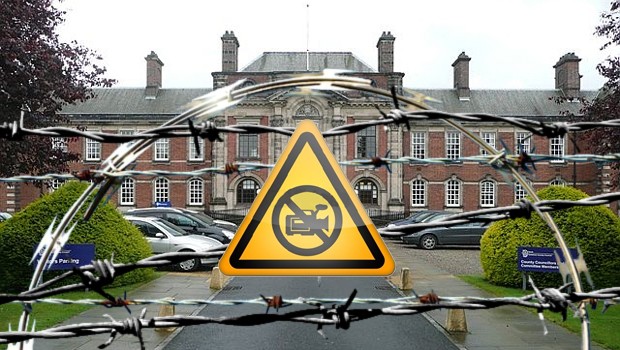


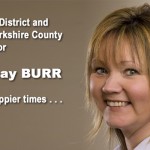
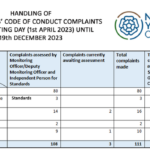
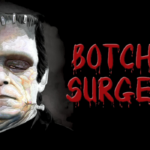

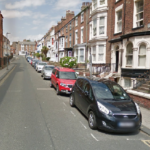

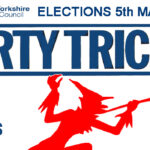
















Comments are closed.